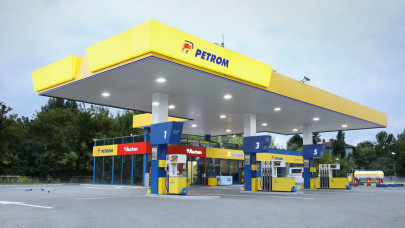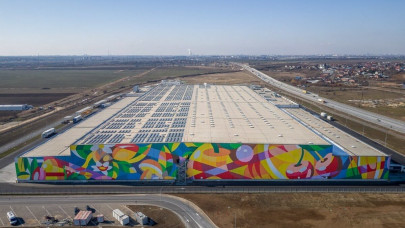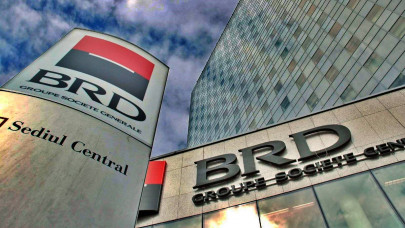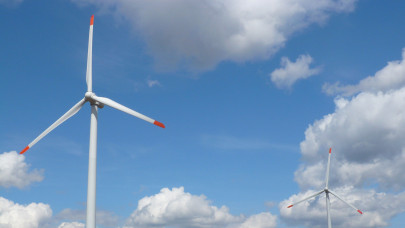All these ores are essential in the electrical or electronic equipment manufacturing industry, and their depletion and disappearance will generate very long delivery delays, price increases, or even the impossibility of producing electrical and electronic equipment in the near future.
"Gold, platinum, silver, or palladium are used, for example, as conductors in the production of telephones, laptops, and televisions. Cadmium is indispensable for the production of batteries in game consoles and electronic toys, and only 0.1% ruthenium, in combination with titanium, makes an electrical product 100 times more resistant to corrosion and is used in the aviation and aerospace industries.
Thallium is used in the construction of electrical generators or transmission equipment such as TV antennas or stations emitting radio waves, bismuth is used in the production of electrical semiconductors. Indium is used for the production of tablets or game consoles and is indispensable for the production of cryogenic equipment, and germanium is used for infrared equipment", says Cristian Pocol, President of the RESPO DEEE Association.
It is estimated that in 2060 there will be 10 billion people on the globe, 2 billion more than today. At the same time, especially in developed regions, the average annual income per capita will also increase, which will accelerate the demand for products, including electronic and household appliances.
"According to the figures of a new report from the Organization for Economic Co-operation and Development (OECD), the global electrical equipment market grew from $1503.21 billion in 2022 to $1630.86 billion in 2023 and is expected to reach the value of $2190.31 billion in 2027. Asia-Pacific was the region with the highest purchasing power for electrical and electronic equipment, followed by Western Europe, followed by Africa.
According to the report "The Promise and Limits of Urban Mining" by the Fraunhofer Institute, the extraction of materials from natural deposits tripled between 1970 and 2017, from 2.6 to 9.1 billion tons annually for metals and from 9 to 44 billion tons per year for non-metallic raw materials. In this context, in 2060, the global extraction of metals will reach 18 billion tons per year, and that of non-metallic minerals at 112 billion tons.
The Industrial Revolution threatens the future of life on this Planet as we currently know it. Technological innovations and the ever-increasing demand for new electrical and electronic equipment will drain the planet of resources much sooner than originally estimated. In five years we will feel the first effects of resource depletion. In addition, the whole process of extracting iron ores and raw materials causes greenhouse gases, pollutes the air, and the soil, and accentuates global warming", continues Cristian Pocol, President of the RESPO DEEE Association.
The current global crisis of components would not have been so acute if a healthy waste electrical and electronic equipment (WEEE) recycling system had been implemented and respected in countries around the world, says Cristian Pocol, President of the RESPO Association WEEE.
The big manufacturers, but also the final consumers, should offer for collection the end-of-use products, which contain exactly those components that are so hard to find today.
"By correctly recycling electrical and electronic equipment waste, we encourage urban mining and support the circular economy.
Recycling rates of natural resources now on the verge of extinction are very low, sometimes even below 1%.
These natural resources exist in all end-of-life electrical and electronic equipment and would be simple to recover if they followed the path of responsible recycling. At the moment, of the 21 critical raw materials, we have eight that are recycled at a percentage of less than 1%. Among them, are gallium, germanium, arsenium, selenium, and bismuth. The percentages are better for manganese, cobalt, nickel, copper, silver, rhodium or palladium, where the percentage of recovery after recycling exceeds 50%", says Cristian Pocol, President of the RESPO DEEE Association.
On the other hand, electrical and electronic equipment waste worldwide has a potential value of $62.5 billion annually. Economic value comes from the precious metals used in the products, such as gold, silver, copper, platinum, and other critical raw materials such as tungsten and indium.
“Electronic and electrical equipment contains valuable and rare materials extracted from mining, often found in circuit boards, microchips, batteries, cables, and peripherals. A smartphone contains, for example, 72 elements found in the periodic table, of which 62 are metals, such as zinc, gold, copper, palladium, and tantalum. The touch screens we all use today contain indium. It is also present in solar panels. Then, tantalum is used in micro-capacitors for a wide range of equipment, from mobile phones to wind turbines", says Cristian Pocol, President of the RESPO Association.
Last but not least, recycled metals are two to ten times more energy efficient than their virgin extraction equivalents, claims the specialist. They are also much more valuable per ton of e-waste than the equivalent weight of mined ore, especially for gold and copper.
In Romania, people can hand over waste electrical and electronic equipment (WEEE) for recycling by ordering the RESPO box by phone or online, on the association's website, which, once received at home or at any other mentioned address, they can insert the WEEE of small size and this box will be picked up free of charge by specialists and transported to recycling centers. Also, Romanians can take broken or discarded household appliances on their own initiative to the collection points that can now be found almost everywhere, especially in stores selling electrical and electronic products. From here, WEEE will follow the path of responsible recycling, with much of the material being recovered and reused for the production of new equipment.













